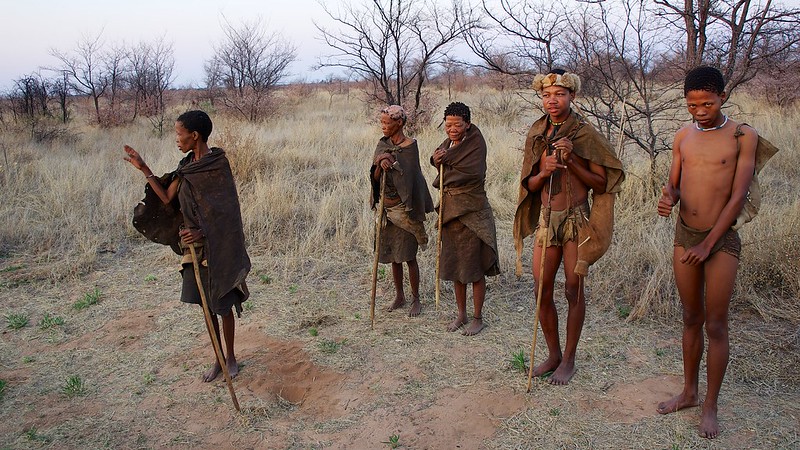Innovations in Poverty Eradication in Botswana


An Aspirational Future
Poverty reduction efforts in Botswana are a major operation despite its economy growing in recent years. Rather than applying general, tried-and-tested methods of addressing poverty, techniques in Botswana have gone further in the endeavor to confront the problem. The government constantly develops schemes and systems to rectify the country’s looming obstacles. By identifying the foundational causes of extreme poverty, the government has developed strategies designed to target the issue at its very root. Many have identified the leading causes of poverty to be unemployment, inequality, lack of education and diseases such as HIV/AIDS, according to the International Journal of Development and Sustainability.
Vision 2036 is an ambitious National Development Plan (NDP) that aims not just to reduce rates of poverty, but to annihilate it by 2036. The government created Vision 2036 in 2016 as a continuation of its predecessor, Vision 2016. The intent behind the initiative is to graduate Botswana from an upper-middle-income country to a high-income country by focusing on human, social and sustainable developments.
One key characteristic of Vision 2036 is a lessened reliance on the diamond trade. Botswana has enormously benefitted from its natural resources, utilizing them to enhance their economic mobility but it has since been a major source of inequality. Innovations in poverty eradication in Botswana such as this one are rich in considered solutions to adversity and join several other government-led projects.
Practical Government Solutions
In 2011, the government launched the Poverty Eradication Program (PEP) to lift citizens out of multidimensional poverty. The program targets those living in abject poverty, aiming to restore dignity to their lives. Citizens of Botswana eligible for PEP must be 18 or older, living on less than $1.25 a day and lacking certain assets such as livestock. The programme focuses on establishing sustainable income for households by promoting entrepreneurship and employment. PEP promotes self-reliance for low-income families that otherwise lack the resources to escape vulnerability, providing vital opportunities for millions of citizens in both rural and urban areas.
Alongside this, a labor-based programme has been in place since 2008. The Ipelegeng initiative provides income to the unemployed poor, targeting unskilled laborers and recruiting them for up to one month to maintain public facilities. While only offering short-term employment, the program takes on 50,000 beneficiaries a month, supplying them and their families with necessary supplementary income, according to the International Journal of Development and Sustainability. The scheme was first introduced as a means to relieve families from economic hardship as a result of droughts, but proved successful and so was adopted as a more permanent government operation. The rates for workers differed depending on the role and were recently increased in 2023: casual laborers are paid $45 a month, and supervisors $51 a month.
Innovations in poverty eradication in Botswana continue to be at the forefront of government sentiment. An awareness by the government of the principal causes has been recognized allowing the country to look towards a healthy, prosperous future.
– Molly Ralph
Molly is based in Bridport, Dorset, UK and focuses on Good News for The Borgen Project.
Photo: Flickr
